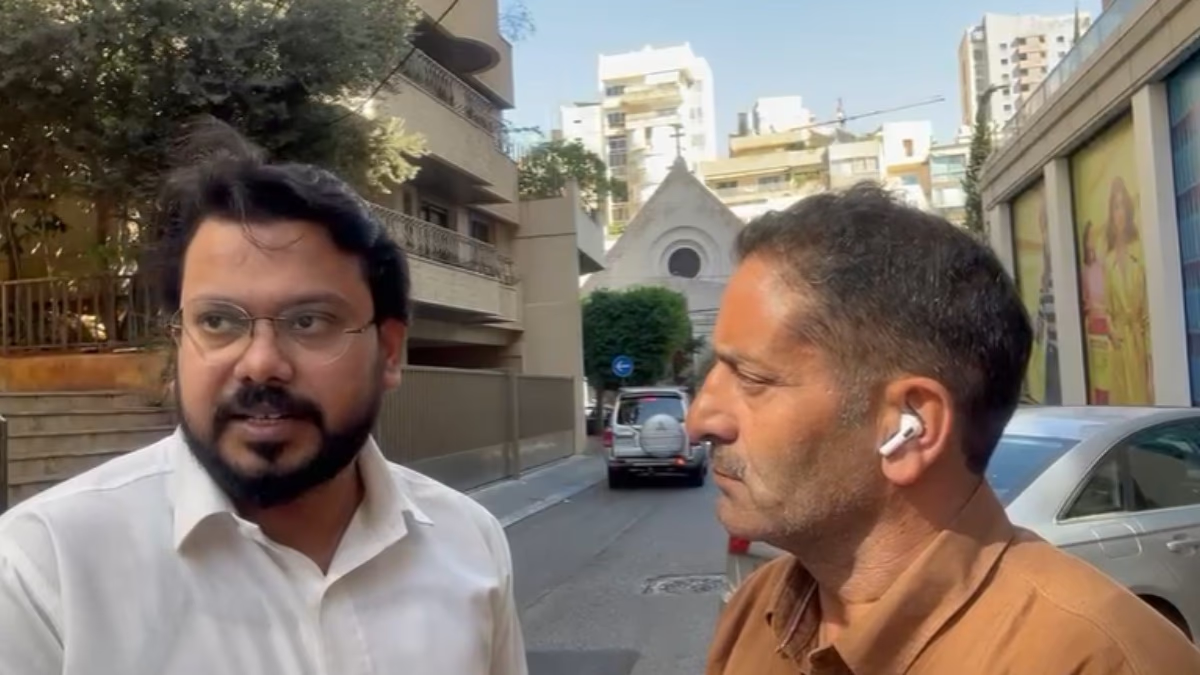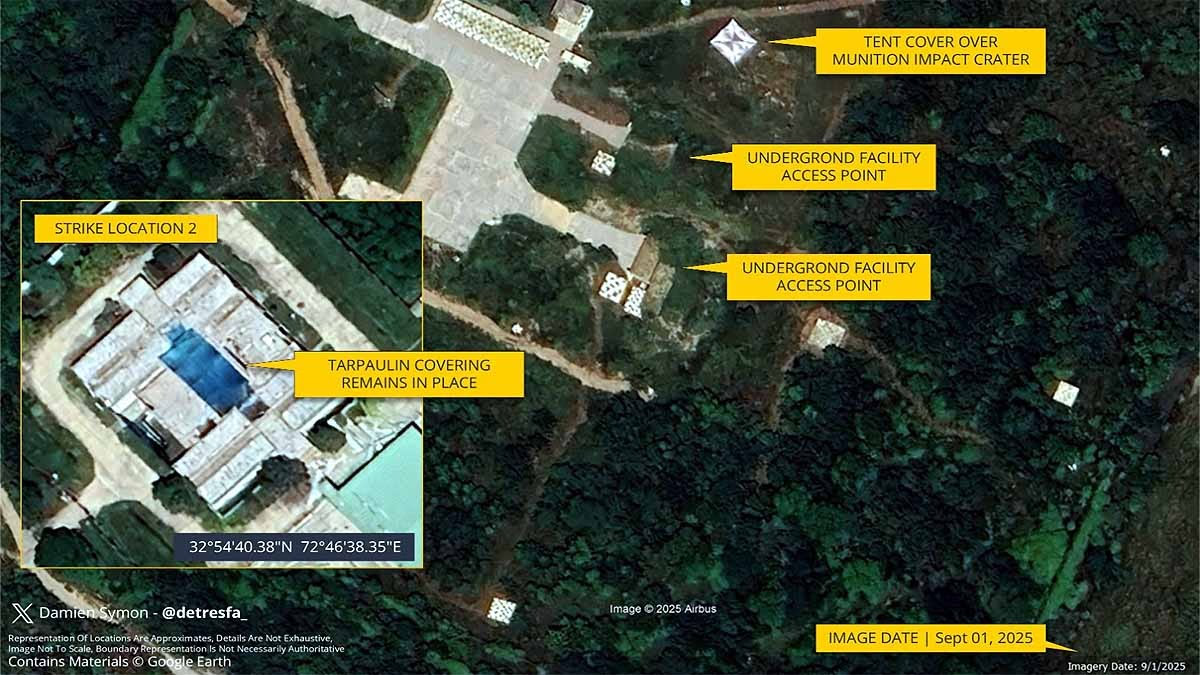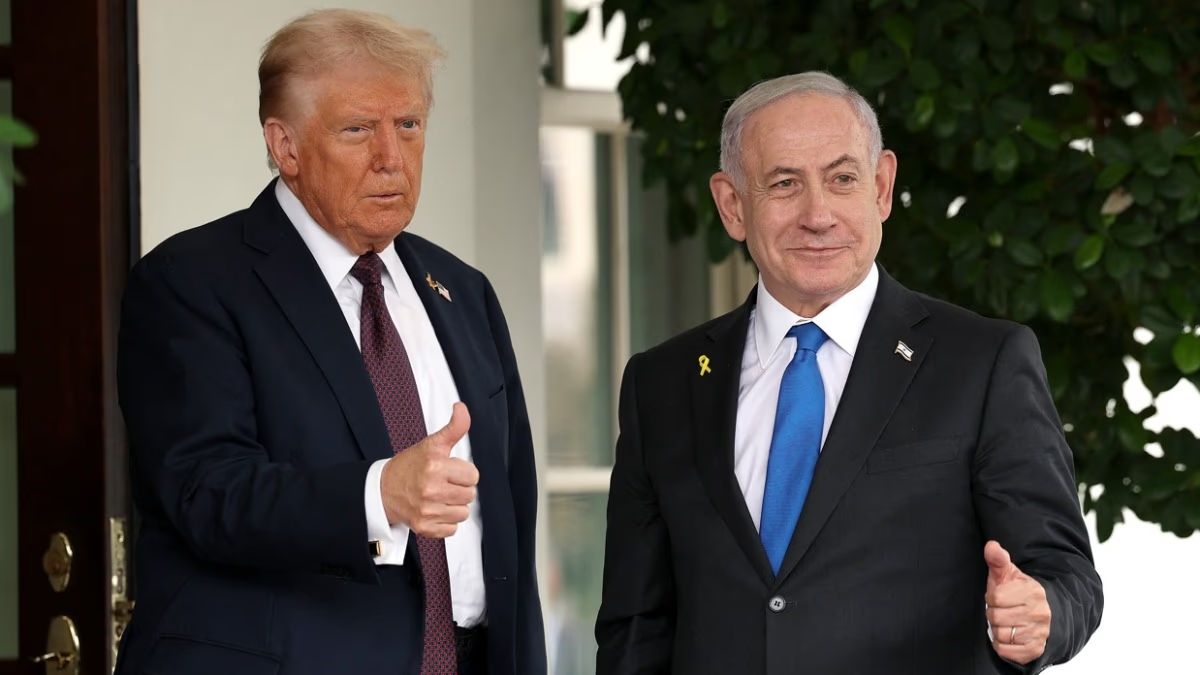In Lebanon, Israeli military operations against Hezbollah strongholds are ongoing. The Israel Defense Forces (IDF) have reportedly targeted over 200 Hezbollah sites during their ground operations, resulting in approximately 60 fighters eliminated. Israeli forces have resumed their strikes on Dahiya, a southern suburb of Beirut, previously known as Hezbollah's headquarters, where the airstrike claimed the life of Nasrallah.
On the ground in Lebanon, Aajtak is delivering real-time updates on the situation amidst Israeli attacks. Correspondent Ashraf Wani approached the local Indian community for their insights. Lebanon, once a country bustling with diverse communities, was home to around 4,000 Indians just months ago.
Being an Islamic nation, Lebanon hosts not only mosques but also gurudwaras and temples, accommodating the religious needs of its Indian residents. Many Indians also owned businesses, shops, and restaurants in local markets. However, the recent Israeli attacks have forced many to relocate to safer havens. Amanudeen, who runs a travel agency in Beirut, shared his experiences amidst these challenges.
Despite fears about the safety of their neighborhoods, with some 100-150 awaiting flight operations to return to India, the Indian residents remain hopeful. Many relocated to secure locales in the mountains, ensuring their safety while waiting for reliable means to leave Lebanon.
Amanudeep, residing in Lebanon for five years, highlights the simplicity and resilience of the local people amidst the ongoing turmoil. Engulfed in everyday activities, they yearn for peace and the end of prolonged conflicts since last October.
An Israeli drone recently targeted a group of Hezbollah fighters. The IDF reported that after being fired upon by two fighters in southern Lebanon, they retaliated with a drone strike leading to their deaths. In Ramim Ridge, additional Hezbollah fighters who launched missiles at Israel were also neutralized. The ongoing operations have seen over 200 sites bombarded, including buildings, arms depots, and checkpoints utilized by Hezbollah.
Spreading across southern Lebanon, the Israeli military has declared these efforts as a prelude to the next phase of combat against Hezbollah. This marks the fourth significant operation within fifty years. Unlike the extensive warfare of 2006, this is termed a restricted ground operation supported by air force efforts, clearing paths through aerial bombings for ground troops.
The conflict has transformed urban landscapes into battle zones, but Israel remains clear on its intentions of not maintaining long-term control over Lebanon.




